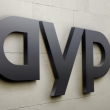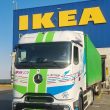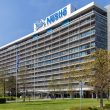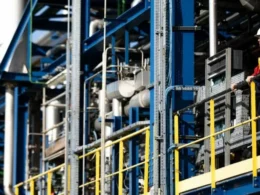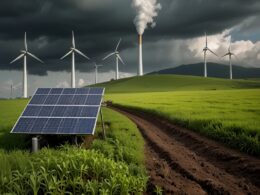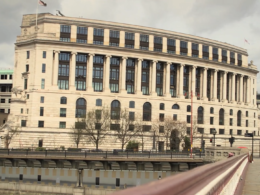Starbucks’ newly-appointed CEO, Brian Niccol, is facing criticism after it was revealed that he will commute nearly 1,000 miles (1,600 km) from his family home in Newport Beach, California, to the company’s headquarters in Seattle using a corporate jet. Critics have pointed out the apparent contradiction between Starbucks’ public commitment to environmental sustainability and the private jet use by its top executives.
Niccol is set to take the helm of the world’s largest coffee chain on 9 September. A Starbucks spokesperson informed the media that Niccol will have a primary office in Seattle and will spend most of his time there when not “visiting partners and customers” globally.
His job offer specified that he would not be required to relocate to Seattle but would need to commute as necessary to fulfill his duties. The document also mentions that he will be eligible to use the company’s aircraft for “business-related travel” and for commuting between his residence and the headquarters. Starbucks plans to set up a small remote office in Newport Beach for Niccol’s use when working from California.
Starbucks has a hybrid work policy requiring employees to be in the office at least three days a week. However, the company clarified that Niccol’s schedule would exceed these guidelines and expectations. The coffee chain also noted that Niccol might purchase a home in Seattle, indicating he wouldn’t be commuting daily.
The debate over where executives and employees work has intensified in recent years, with many industries grappling with the continuation of remote work practices that surged during the pandemic.
According to his offer terms, Niccol’s annual base salary will be $1.6 million (£1.2 million), with the potential for a performance-related bonus of up to $7.2 million and as much as $23 million in Starbucks shares annually. Starbucks defended Niccol’s compensation package, stating that he is “one of the most effective leaders in our industry” and that his pay is “tied directly to the company’s performance and the shared success of all our stakeholders.”
Starbucks announced this month that Niccol would be replacing Laxman Narasimhan as its chief executive. This announcement follows Starbucks’ efforts to revitalize declining sales.
Investment analyst Dan Coatsworth from AJ Bell told a media house that, on paper, Niccol was being offered “the same hybrid working terms as other office-based employees,” which is expected. However, he added that the use of a private jet for commuting “leaves a sour taste,” as it is not only environmentally damaging but also sends a poor message to customers and staff. Coatsworth emphasized that running a $105 billion company with an estimated 400,000 employees requires a leader to be deeply involved, not “sitting on the beach enjoying the perks of the job.”
The news has faced backlash on social media with many users questioning the sustainability commitments of the company.











